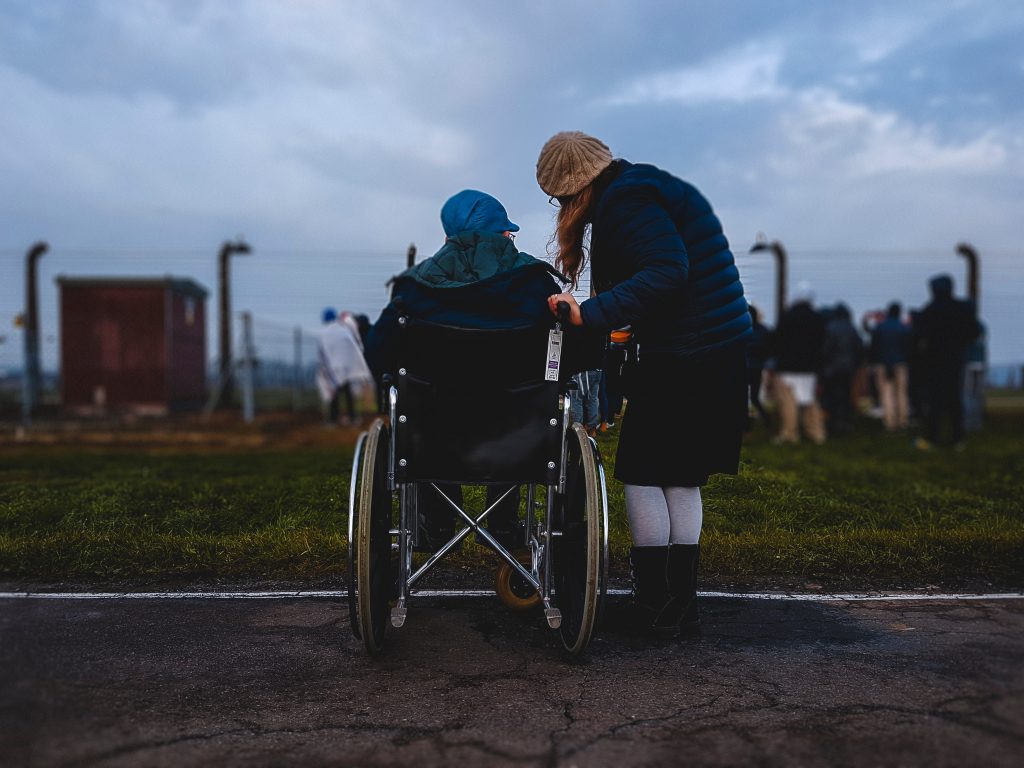Public spending cuts have negatively impacted Britain’s worst off groups, including single parents, disabled people and ethnic minorities. According to the government’s equality watchdog, these cuts mean Britain is breaching its human rights obligations .
The Equality and Human Rights Commission‘s report examines the combined impact of spending cuts, taxes and welfare reforms since 2010-2011 on protected groups and also anticipates the continuing effect of the cuts up to 2021-2022.
The study, Cumulative Impact on Living Standards of Public Spending Changes, highlights that lone parent families are experiencing the biggest fall in final income, with a drop of 18.7 per cent in England, 10.5 per cent in Wales and 7.6 per cent in Scotland.
In England, black households are experiencing a loss of nearly 10 per cent of their final income – three times higher than white households and other ethnic groups. Scotland’s highest losses are also for black households, with white households in England and Wales losing the least compared to any other ethnicity.
In England, Scotland and Wales, disabled households have the largest percentage loss in final income due to cuts to welfare and social care. However, the impact has been most keenly felt in England, where households with disabilities suffered losses of 10.5 per cent of their final income. This drop was significantly higher than in Scotland (4.5 per cent) or Wales (5.5 per cent).
How have #WelfareReforms impacted protected groups? Find out using our interactive infographic: https://t.co/MzUjgSWJ41 pic.twitter.com/ZF7Txy1tp8
— EHRC (@EHRC) November 28, 2018
Big Differences Between England, Scotland and Wales
 Credit: Chris Reynolds Geograph
Credit: Chris Reynolds Geograph
The report highlights that public spending per head varies dramatically between England, Scotland and Wales. It calculates a fall in overall public spending of £900 from 2010-2011 to 2021-2022 (18 per cent) in England, compared with £300 (5.5 per cent) in Wales and £100 (just over 1 per cent) in Scotland.
This means that, over this 11 year period, public spending per head will be 36 per cent higher in Scotland than in England, and 17 per cent higher in Wales.
The results for Scotland show that it has been possible to make spending choices which result in better outcomes for disadvantaged groups of low income in Scotland than has been the case in England.
EHRC report
It also found that the poorest 20 per cent of people in England have been worst hit by the spending cuts, and suggests this is down to government choices. It states: “The results for Scotland show that it has been possible to make spending choices which result in better outcomes for disadvantaged groups of low income in Scotland than has been the case in England.”
The study shows that overall spending on public services will have fallen by £1,500 per household in England by 2021-2022, compared with just under £500 in Wales and £200 in Scotland.
Reports Suggest the Rights of Disadvantaged Groups are Disregarded
 Credit: Josh Appal Unsplash
Credit: Josh Appal Unsplash
The report found that spending cuts as a result of austerity have impacted disadvantaged groups the most – putting Britain in breach of its human rights obligations, and may be discriminatory.
It states: “This adverse impact on the living standards, access to social care and health care and other rights of certain groups is in contravention of the non-discrimination principle the UK committed to respect under international human rights law.”
The report suggests the government should be doing more to prevent public spending cuts disproportionately impacting disadvantaged groups. Recommendations include changing tax credits and Universal Credit as well as increasing public spending on health, social care, education and housing.
So, research by the @EHRC has found that BME people have been made more poorer by this government than white people. Disabled people made more poorer than others. Younger people made more poorer than older people.
Read the full report at https://t.co/j2GR1c8MQU
— Shoaib M Khan (@ShoaibMKhan) November 28, 2018
The EHRC’s critical report comes soon after the UN special rapporteur on extreme poverty and human rights, Philip Alston, visited the UK and damningly reported on poverty and the impact of austerity. He noted that the human rights of UK citizens have been undermined by the effects of austerity.
Alston highlighted the shocking levels of poverty in the UK, stating: “14 million people, a fifth of the population, live in poverty. Four million of these are more than 50 per cent below the poverty line, and 1.5 million are destitute, unable to afford basic essentials.
“For almost one in every two children to be poor in twenty-first century Britain is not just a disgrace, but a social calamity and an economic disaster, all rolled into one.”







